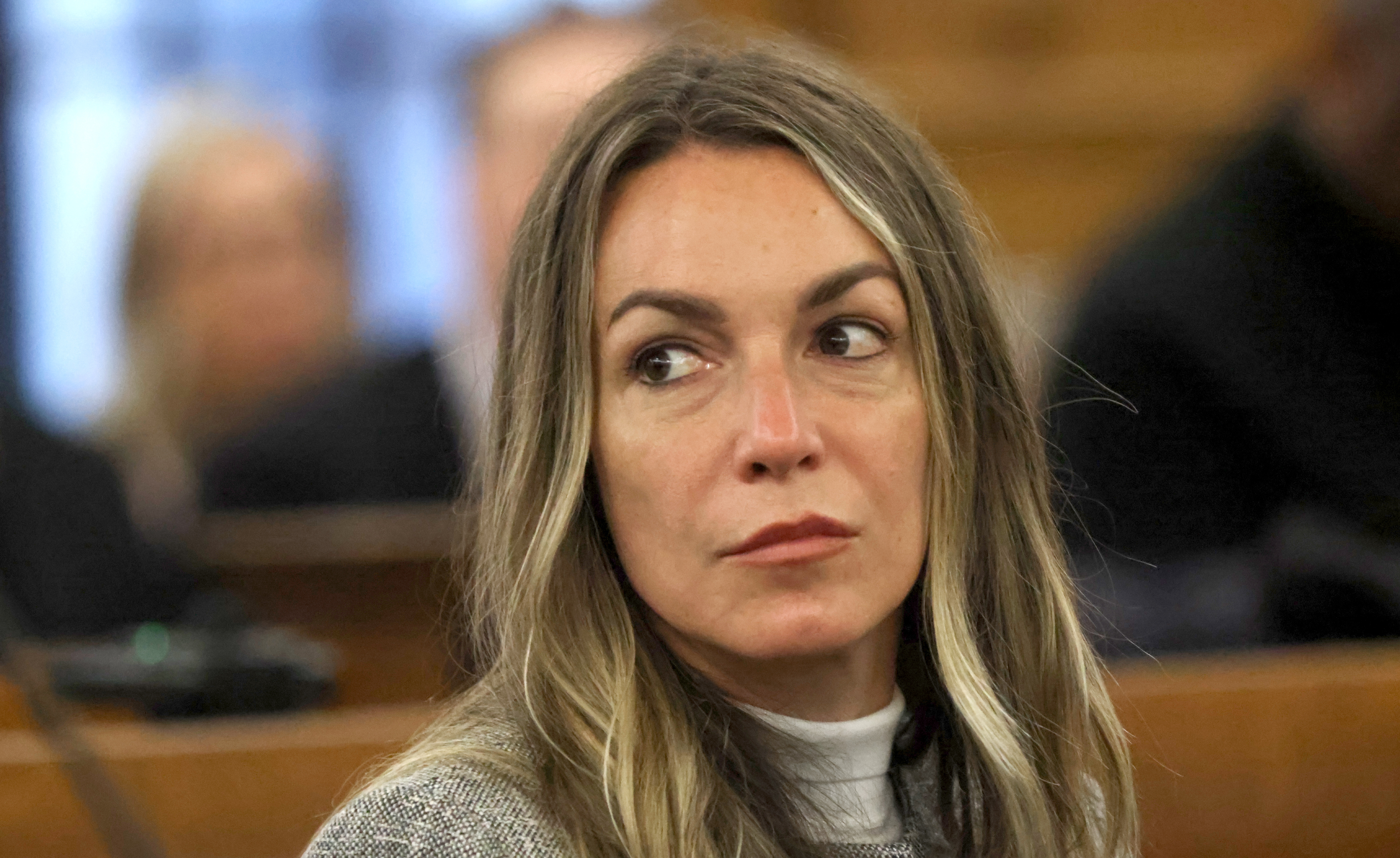Boston Mayor Marty Walsh has gone all-in on his lawsuit challenging the Wynn Resorts casino in Everett, now seeking to have the entire Eastern Massachusetts casino license selection done over – only after all five Gaming Commission members are ousted.
"The commission has made decision after decision that was harmful to the people of Boston," Walsh said in a press conference held amid the din of trucks roaring around the often-clogged Sullivan Square overpass in Charlestown, barely a half mile from the Everett casino site.
The lawsuit alleges that the agency violated the state's casino law to make sure Wynn Resorts won the Boston-area casino license. Wynn beat out Mohegan Sun, which was trying to bring a casino to Revere.
Boston would have profited off a Mohegan Sun casino, but it wasn't able to make a similar deal with Wynn, which plans to build in Everett.
"I want to make sure that the Gaming Commission is replaced, and that the people that are put in there respect the process, and the city of Boston to this point has not been respected throughout the process," Walsh said, making clear that he now sees not just Steve Wynn and the $1.6 billion Everett casino plan the enemy, but the entire Gaming Commission as well. "The commission did not follows the rules. It did not follow the Gaming Act ... The commission has proven that it has not and will not follow the law and it is neither independent nor fair ... We are seeking the disqualification of all he commisioners from making future decisions in Region A," or Eastern Massachusetts.
The expanded 157-page version of the lawsuit Walsh filed earlier this year is a kind of everything-plus-the-kitchen-sink lawsuit, attacking everything from whether Wynn met deadlines to get control of land parcels and file for city permits to multiple counts the commission and chairman Stephen P. Crosby improperly favored Wynn over the Suffolk Downs casino bid.
Gaming Commission spokeswoman Elaine Driscoll said in response: "Launching a personal assault on the five members of the Massachusetts Gaming Commission is a deeply disappointing and wholly unproductive approach to resolving important public policy issues. The Commission made each license award based solely on a thoughtful, objective and exhaustive evaluation of each gaming proposal. The Commissioners remain committed to the participatory, transparent and fair process that has been the touchstone of the Commission's work. And they remain hopeful that the parties can collaboratively resolve their differences and begin to realize the extraordinary benefits of jobs, economic development and revenue that the law was designed to produce."
Local
In-depth news coverage of the Greater Boston Area.
Wynn Resorts spokesman Michael Weaver responded: "All of these endless allegations are retread stories and are without merit. We are happy to be moving forward with our construction and site remediation planning. We had more than 800 people attend our construction job fair two weeks ago, so clearly there are many people interested in the revenue and job creation our project will bring to Everett."
Weaver added that Gaming Commission findings clearly reject claims by Walsh that Wynn knew about and failed to properly handle interests held by ex-felons in the Everett land Wynn bought for the casino.
Everett Mayor Carlo DeMaria agreed that Walsh's expanded lawsuit amounted to "rehashing old, tired stories and manipulating facts ... I'm very disappointed with the city of Boston. They're putting politics over people, and themselves about the state."
Massachusetts is losing out on $50 million in revenue every month that the Wynn resort goes unbuilt, DeMaria said.
DeMaria expressed, generally, confidence the lawsuit will fail and the casino will get built. But at one point in a meeting with reporters, DeMaria said, "I'm more worried that Mr. Wynn gets upset and says, 'You know what? I don't need this headache anymore" and cuts his losses and walks away from the Everett casino bid.
Wynn still has failed to clear state environmental approvals and is being required to submit a second Supplemental Final Environmental Impact Report, concerning traffic and other impacts, that must be deemed adequate by state Energy and Environmental Affairs Secretary Matthew Beaton.
Walsh's chief lawyer, city corporation counsel Eugene O'Flaherty, went out of his way to make clear that in Boston's view, Wynn is making no progress resolving issues with the city that need to be wrapped up for the state environmental review.
"Wynn's representatives have been in this community (Charlestown), saying they've been having productive discussions with the city of Boston. That is not the case," O'Flaherty said. "Wynn's representations that they've been meeting diligently and working towards a solution with the city is simply not the case."
Walsh, notably, said that while he supported casino gambling as a state legislator when the economy was terrible, now, "I don't think the city of Boston needs a casino to continue the growth, the economic growth that is happening in the city of Boston."
"We're a gateway community," DeMaria said of smaller and poorer Everett, to the north of Boston. "We don't have development everywhere. We don't have a BRA (Boston Redevelopment Authority) that has 500 applications in front of them today to build skyscrapers that are going to generate I don't know how many millions of dollars a day. We don't have that happening."
With videographer Michael Bennett



